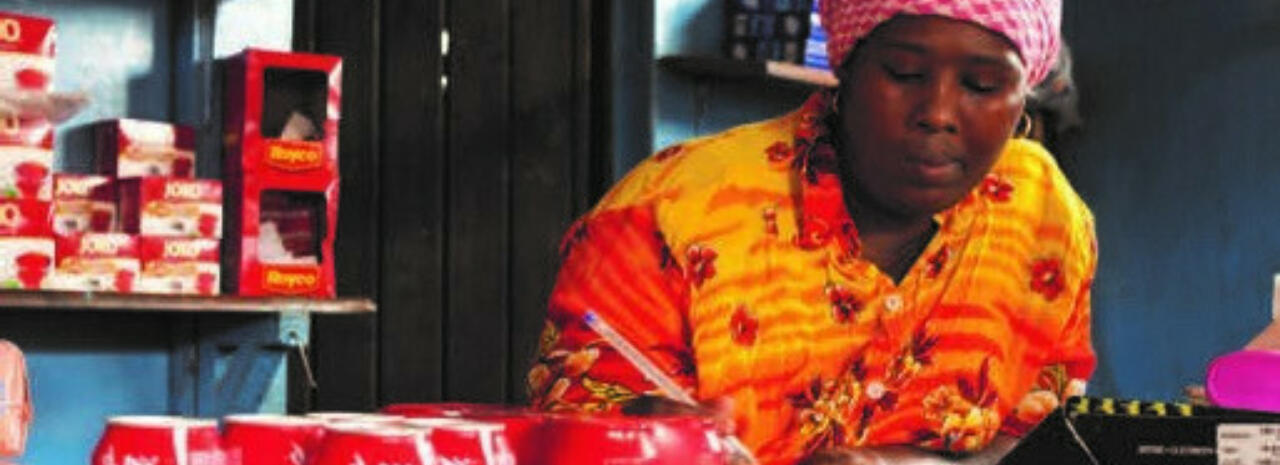
Debunking financial and non-financial needs of MSMEs in Africa
Micro, small and medium enterprises (MSMEs) are recognised across the world as drivers of economic growth and employment. It is estimated that MSMEs accounted for most businesses on the continent, contribute over 30% of total gross domestic product (GDP) and are the highest employers per country.
However, in spite of their economic significance, most struggle to obtain finance because of a combination of demand, supply and infrastructure constraints. Information and skill gaps, as an example, rule out MSME owners from accessing bank loans. Large commercial banks find it more profitable to serve commercial businesses and are hard pressed to extend finance without recourse to traditional collateral. Therefore MSMEs continue to lack sufficient access to finance, particularly to meet their capital needs.
The financing issues affecting MSMEs are not new and are well documented. The broad MSME landscape is also relatively well documented through national surveys by governments and/or development agencies - however patchy and outdated these may be. What is missing in the local literature is a deeper insight of the profile and behaviour of MSMEs, and of the constraints facing bank and non-bank financial institutions from adequately financing these riskier businesses.
In this context, the International Finance Corporation (IFC) identified a need for market-wide research on the MSME finance market and landscape in six countries on the continent. This would serve to ground its investment and advisory support to financial sectors. These countries were Angola, Burkina Faso, Côte d’Ivoire, Kenya, Rwanda and Senegal. To this end, the IFC commissioned Genesis to carry out this market-wide research of the enabling environment, market size, demand for MSME financing and constraints of financing in each country.
The review of the operating environments was carried out through in-depth political, economic, social, technological, environmental and legal (PESTLE) analysis in relation to their impact on business and financing operations.
Next the Genesis team developed demand-side insights on the structure of the MSME sector and MSMEs’ demand and uptake of financial and non-financial products and services. An example of non-financial products and services are business development training. These insights were developed mainly through primary research involving surveys with over 100 MSMEs per country, and additional in-depth interviews with MSMEs.
Lastly, the team estimated the current amount of financing to MSMEs by different financial service providers. This also involved identifying the key supply-side challenges limiting additional financing. This was carried out through evaluating central bank and financial service provider annual reports, financial service providers product and service catalogues, stakeholder interviews (with financial service providers, government agencies and development agencies) and secondary research.
The research findings were drafted into per country reports and presented to the IFC teams and other relevant stakeholders.